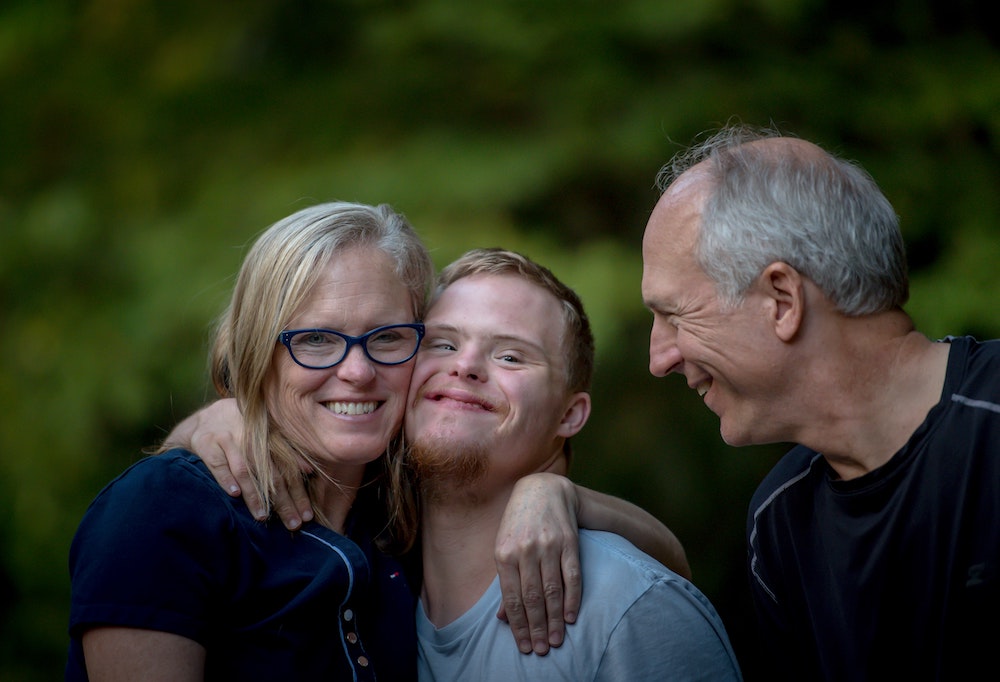Guardianships & Special Needs
a legal process to act on behalf of someone who is legally incapacitated
What is guardianships/ conservatorship?
A Guardianship is a legal process by which a judge appoints a person to act on behalf of someone who is legally incapacitated and can no longer manage their own affairs nor take care of themselves safely. A court may appoint a guardian of the person, or the estate (which is sometimes referred to as a “Conservatorship”), or both. A guardian of the person has legal control over body of the incapacitated person, whereas the guardian of the estate has legal control over the incapacitated person’s assets.
Usually, a guardianship can be avoided if the person, before becoming incompetent, creates a Durable Power of Attorney naming an agent to manage their affairs for them. A person who wishes to become a guardian must file a petition with the court, qualify to serve as the guardian, and file annual reports about the incompetent person’s condition and finances.
Sometimes a guardianship is necessary to protect an elderly parent from being financially exploited or physically abused, whether by a third party, by a caregiver, or even by a member of the family. A guardianship is an important process when needed to protect someone who is unable to protect themselves.
What is guardianship/ conservatorship?
A Guardianship is a legal process by which a judge appoints a person to act on behalf of someone who is legally incapacitated and can no longer manage their own affairs nor take care of themselves safely. A court may appoint a guardian of the person, or the estate (which is sometimes referred to as a “Conservatorship”), or both. A guardian of the person has legal control over body of the incapacitated person, whereas the guardian of the estate has legal control over the incapacitated person’s assets.
Usually, a guardianship can be avoided if the person, before becoming incompetent, creates a Durable Power of Attorney naming an agent to manage their affairs for them. A person who wishes to become a guardian must file a petition with the court, qualify to serve as the guardian, and file annual reports about the incompetent person’s condition and finances.
Sometimes a guardianship is necessary to protect an elderly parent from being financially exploited or physically abused, whether by a third party, by a caregiver, or even by a member of the family. A guardianship is an important process when needed to protect someone who is unable to protect themselves.
What is Special Needs Planning?
Special Needs planning is a very specific type of planning for persons who have physical and/or mental disabilities. Usually a person with disabilities will be eligible for public benefits such as Social Security Income (SSI), Medicaid, and low-income housing. These benefits require that the person have less than $2,000 in assets and little or no income due to their inability to work.
For people who have disabilities, qualifying for or maintaining public benefits is essential for providing needed medical care, housing and minimal income to maintain the least restrictive but safe living arrangement possible for that person. Their quality of life depends on receiving these public benefits without interruption.
Our Role
Our role in the guardianship process is to prepare all the necessary legal documents to get the guardian appointed, to advise the guardian of their duties and responsibilities, and to assist in filing required annual reports to the court.
When planning for a special needs person, we draft estate planning documents that provide for the special needs person through the use of a special needs trust (sometimes also referred to as a “supplemental needs trust”, in either case abbreviated as a “SNT”) that will leave an inheritance to a disabled child or spouse without causing the loss of public benefits, or creating a special needs trust now that will serve as the receptacle of gifts made to the disabled person without causing the loss of public benefits. We can also advise the trustee of the special needs trust about their responsibilities and duties as trustee.
Protecting a family member who is disabled requires guidance in planning ahead to prepare for and maintain the safety of one’s disabled family member.

West Little Rock Office
North Little Rock Office
1 Riverfront Place, Suite 650
North Little Rock, AR 72114
Fax: 501-372-1206


